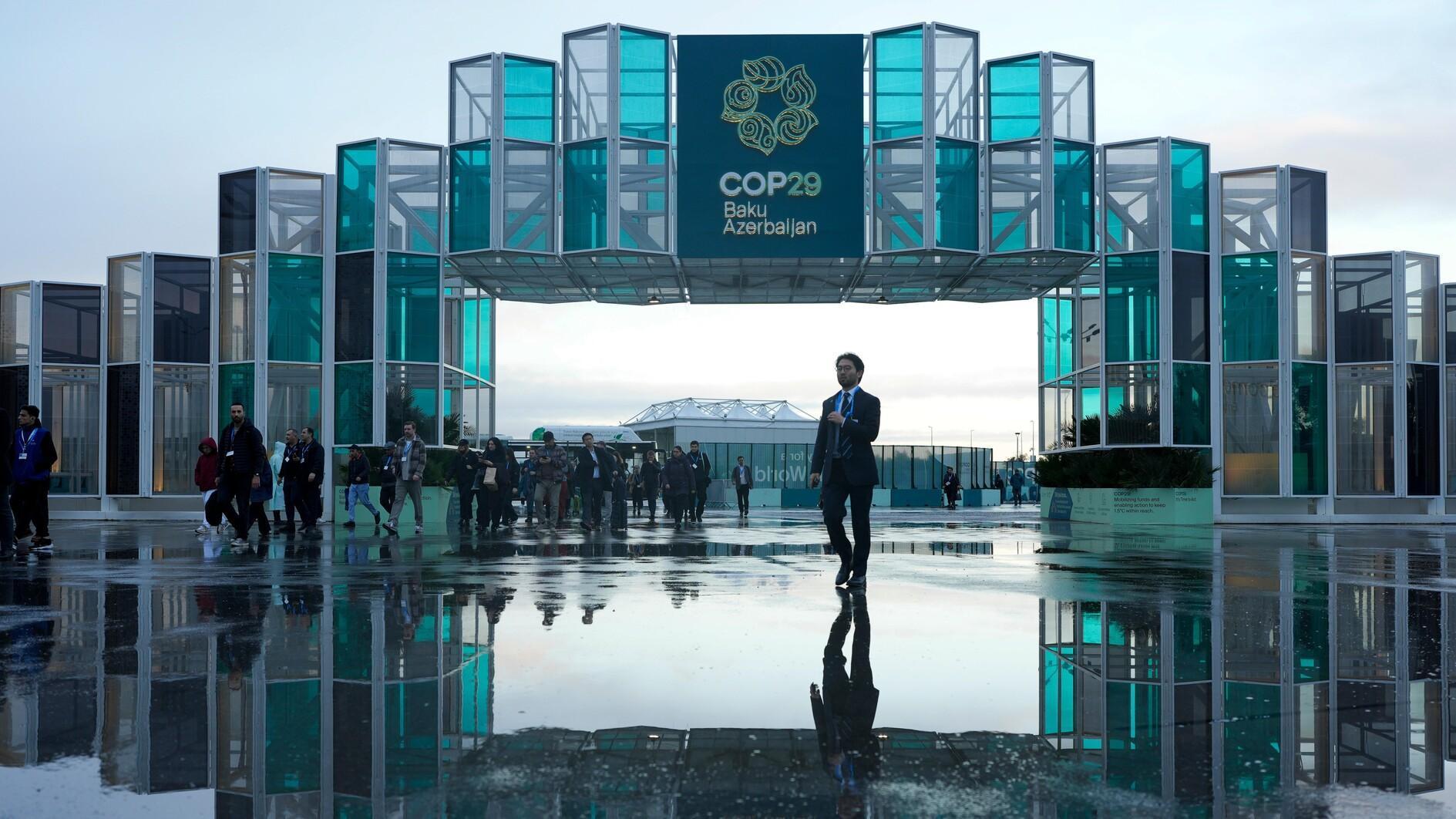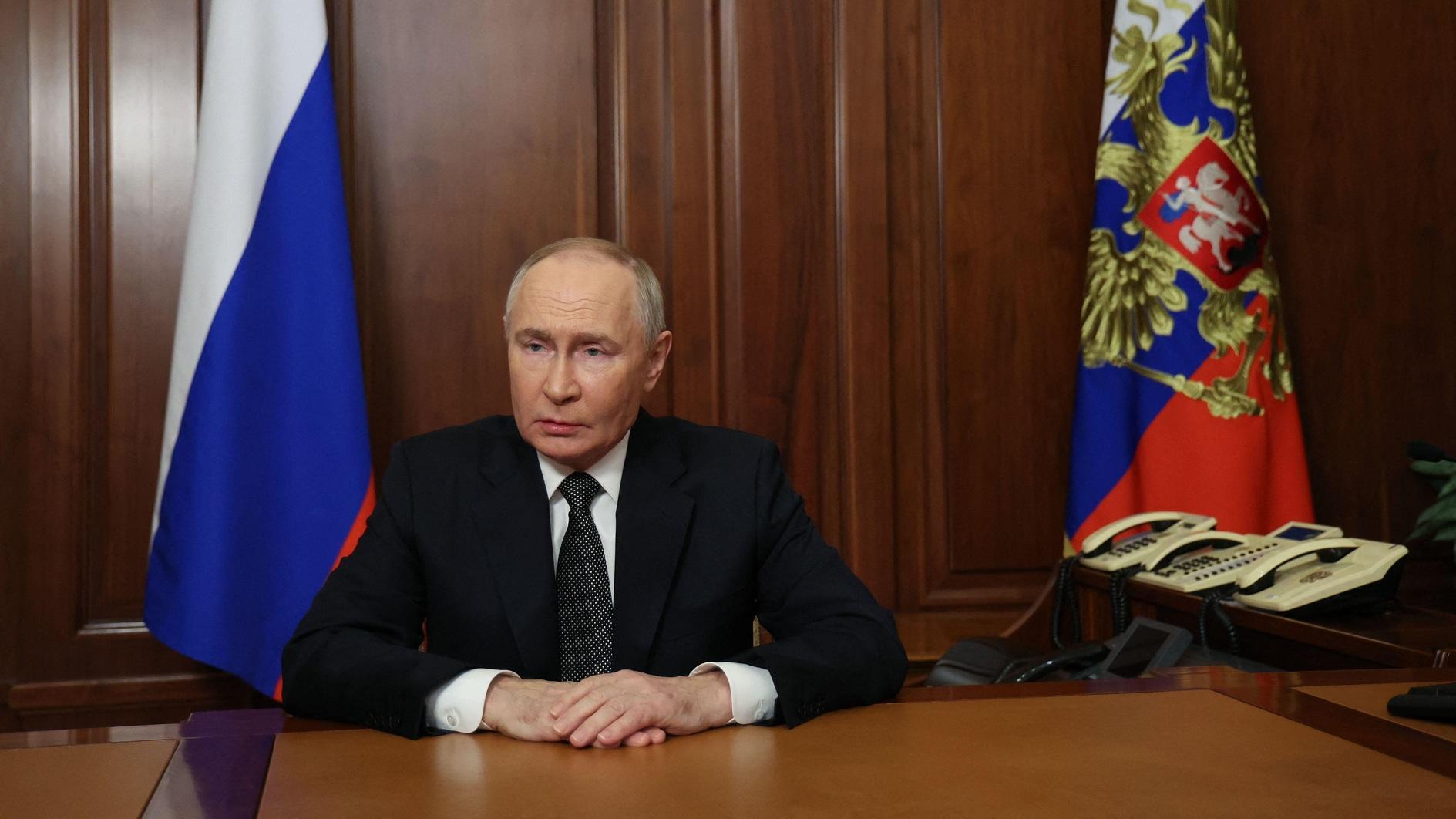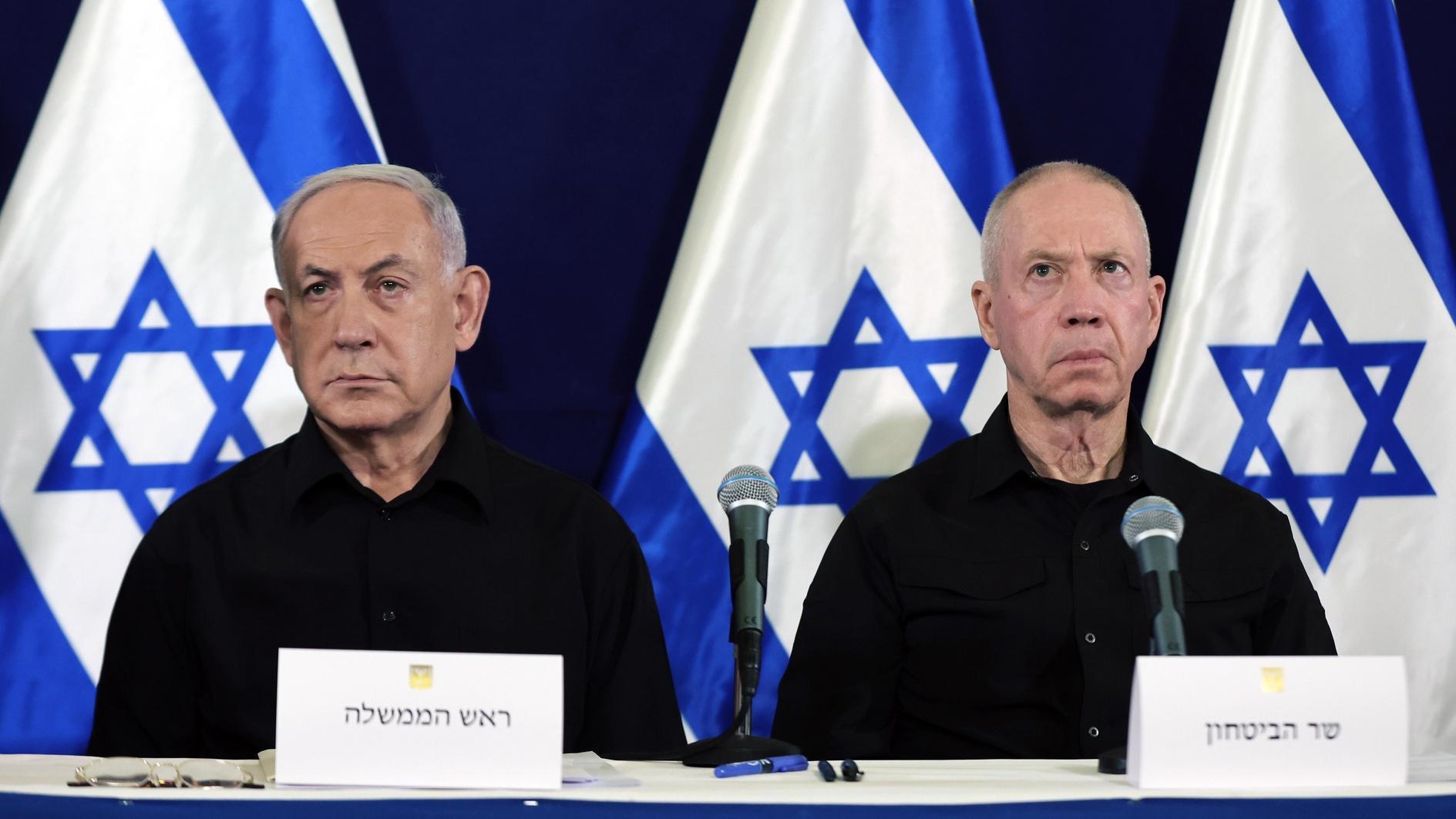Nami, a cautious optimist
It is quite possible for different people to perceive the same development rather differently. Turkish Cypriot Foreign Minister Özdil Nami shared President Derviş Eroğlu’s accusations that there is a premeditated foot-dragging of the Greek Cypriot leadership in the Cyprus talks. Yet, with a pragmatist approach, he said instead of complaining, the Turkish Cypriot side should come up with new ideas, fresh cooperation subjects, demand more frequent and intensified talks and push for a quick fix.
Talking at the “Museum Lovers Association” restaurant, a “countryside” restaurant in the backyard of Nicosia’s Ayasofya (Hagia Sophia) Mosque, the soft speaking foreign minister, like all other Turkish Cypriot executives, was rather critical of the slow pace of the process. Yet, he was rather happy that not only trade unions, academics and businessmen associations supported the process, but, for the first time, religious leaders representing all of the religious groups of the island came together to hail the prospect of a resolution. He said this became possible because of the strong and positive influence of the seven-point February joint statement from the two leaders that kicked off the current talks.
Yet, he said leaders coming together once a month or negotiators appointed by the two leaders meeting once a week – despite earlier understanding that they would meet twice a week – was an unsatisfactory pace that cannot bring a compromise deal anytime soon. He said rather than lamenting on the Greek Cypriot attitude, the Turkish side, for example, should come up with some concrete proposals that might have an easing effect on the everyday life of Turkish and Greek Cypriots. Recalling the recent attack on former President Mehmet Ali Talat in the Greek Cypriot southern Cyprus, he placed banning hate crime and promoting a better atmosphere between the two peoples as a top priority. He as well listed the encouragement of language learning programs, creation of various working groups and technical committees to define cooperation areas and to promote cooperation in health, commerce and justice.
He was of the opinion that the atmosphere could be far better improved with an increased pace of talks, more cross visits to Turkey and Greece and indeed cross visits to the two sides of the island by Turkish and Greek officials. He even believed that cross visits could be taken at a political level. He was happy with the high level visits to the island from the United States, as well as the European Union, but believed the “external apparent support” might be made more vivid and make people believe, “This time something serious might happen.” Well, who can say the opposite, perceptions are often far more important than actual reality.
Indeed, perhaps that was why Nami appeared a bit disillusioned like most of his countrymen. He lamented that the positive effect of the joint statement must have been preserved and people must have been nourished with the prospect of a joint bright future if a bitter compromise was reached. Such a pro-settlement stance by leaderships of the two sides was the most important missing ingredient of the current process, complained Nami.
The foreign minister agreed as well with Eroğlu that unlike Greek Cypriot expectations of more generous territorial concessions from Turkish Cypriots than what was in the failed Annan plan in 2004.
“That’s a wrong allusion. It was easier to make territorial concessions in 1975 or in 1980. Since 2004, ten years have passed and it has become even more difficult to compromise, as such compromise will affect the lives of our people. It has become almost impossible to compromise on territory, let alone going down the Annan plan.”
Nami said the biggest obstacles for a resolution on the island were how to make Greek Cypriots understand that they should give up the phobia that a strong and mutually beneficial cooperation between two sides could lead to recognition of the Turkish Cypriot state. Whatever might be done in any cooperation, he said, Greek Cypriots must be prepared to see official contacts between two sides. Secondly, he said, handing back Varosha was not a simple task; it alone required a confidence building measure. “Varosha as a sort of territorial adjustment must be discussed within the overall settlement, not a singled-out confidence building move,” he said.
Still, Nami believed off-shore gas finds, post-Crimea developments, Turkish-EU relations, the EU’s eastern Mediterranean perceptions and American interests in the area were strong external elements which coupled with a strong desire for peace on the island and could help facilitate a resolution.











